|
The Washington post reported in November 2022:
"Fentanyl is now the leading cause of death for Americans ages 18 to 49, according to a Washington Post analysis of death data for 2021 from the Centers for Disease Control and Prevention. One of the greatest dangers of fentanyl is its potency." In other investigative reporting, NPR reporter, Brian Mann explains how "Vulnerable Native American communities fight back." "Over the past decade, thousands of governments around the U.S., including tribal governments, sued the drug industry for its alleged role fueling the opioid crisis. In the end, most companies involved in the opioid trade, including name brand companies such as Johnson & Johnson and Walmart, agreed to national settlements, cash payouts worth more than $50 billion.Principal Chief Hoskin says his tribe's share of that money, roughly $100 million dollars, has revolutionized addiction care for the Cherokee. "The suffering would have continued, our inability to directly provide care would have been very limited. And now that's completely changed," he said. At a ceremony last month, Cherokee leaders unveiled the first major project, an in-patient addiction recovery center planned for Tahlequah. Read the full story: https://www.npr.org/2023/03/19/1163694076/fentanyl-addiction-opioid-native-american-cherokee-nation
0 Comments
The National Prescription Drug Take Back Day aims to provide a safe, convenient, and responsible means of disposing of prescription drugs, while also educating the general public about the potential for abuse of medications.
Go to this site to locate a collection site near you: https://www.deadiversion.usdoj.gov/drug_disposal/takeback/ TODAY! Prevent addiction and overdose deaths: Prescription Drug Take Back Day is TODAY. The National Prescription Drug Take Back Day addresses a crucial public safety and public health issue. According to the 2019 National Survey on Drug Use and Health, 9.7 million people misused prescription pain relievers, 4.9 million people misused prescription stimulants, and 5.9 million people misused prescription tranquilizers or sedatives in 2019. The survey also showed that a majority of misused prescription drugs were obtained from family and friends, often from the home medicine cabinet. https://takebackday.dea.gov/
https://www.mass.gov/news/ags-office-secures-573-million-settlement-with-mckinsey-for-turbocharging-opioid-sales-and
“This Arts Endowment report offers hope through evidence-based resources about the arts’ healing power.”…“Although this report was commissioned long before COVID-19 erupted, it shows that results are promising when arts strategies were integrated thoughtfully with clinical and community-based health solutions. Given the present-day strain on the public health system, these lessons may prove more valuable than ever before.” https://www.arts.gov/sites/default/files/Arts-Strategies-Opioid-Crisis.pdf The Remember Love Recovery Project aims to transform perspectives and actions through art making and education. The time for action is overdue: According to the Centers for Disease Control and Prevention’s National Center for Health Statistics more than more than 200 Americans are dying every day from drug overdoses during the pandemic. The global pandemic causes disruptions to medical, psychological, social, spiritual and economic support nets – even for those who are in relatively good health and stable economic standing. The coronavirus is multiplying the vulnerability of those with addiction disorder and exacerbating the lethal circumstances of their condition. More than 72,000 people died from drug overdoses in the U.S.A. in 2019, and overdose deaths keep climbing during Covid19 conditions, expected to top 83,000 in 2020 when final statistics are compiled. Let's perform dance, play music, write poetry, make art and lengthen lives.
OxyContin Maker To Pay Out Billions In Civil, Criminal Penalties"Now, that sounds like a lot, but critics are pointing to the fact that Purdue Pharma was already in big trouble, facing bankruptcy, struggling to hold on to employees and flooded with thousands of lawsuits tied to the improper marketing of opioids. And despite all that, under this deal, this federal deal, the Sacklers are going to walk away with most of their personal fortunes intact. By some estimates, they're worth as much as $10 billion because of opioid profits." - NPR addiction correspondent, Brian Mann
...MANN: "They'll pay a fraction of that in penalties, only about $225 million out of their own pockets. And, Steve, there are no criminal charges against them. The Sacklers here admit to no personal wrongdoing." ... https://www.npr.org/2020/10/22/926538155/oxicontin-maker-to-pay-out-billions-in-civil-criminal-penalties “I hope this book reaches out to people who have given up on their family members who have been trapped in drug addiction and can find a new heart for them to try to give them the love that they are so desperately needing,” says Ted Jackson, author of You Ought to Do a Story About Me: Addiction, an Unlikely Friendship, and the Endless Quest for Redemption about the life of Jackie Wallace. NPR interviewed Mr. Wallace and Mr. Jackson on Weekend Edition today
 Rick Rezek, Guest Blogger Rick Rezek, Guest Blogger These reflections on questions without answers are contributed by guest blogger, Rick Rezek, who we thank for his commitment to our mission to connect us with the struggles of people with addiction disorder and the families and friends who care about them: Just a few weeks ago, I threw my high school yearbook away. I did not know why I was keeping it. I have my dad’s yearbook, but my dad was a star in high school. I was not a star, not a jock, not a head, not a theater kid. Somewhere in the middle. I liked it there. Friends all over the school. I was more friendly than popular, which was fine with me. One of my better friends was Tommy. I am not sure he would still be a friend; 40+ years is a long time for any friendship. He picked me up for school in a VW Beatle. He let me drive on many mornings so he could finish homework. We usually talked trash and laughed the entire way to school. Some mornings we got out of the car in a classic cloud of smoke. Fifteen years after those glory days, Tommy was killed in a drug deal gone bad. Found shot dead in his car. Tommy was the kind of person who told it like it was with conviction. His lectures were never boring. He could charm anyone and did frequently. Out of necessity, he was always devising ways to get out of trouble. In the group of kids in the middle, he was easily the most popular. After high school, he went to work at a job that could have been a career. He moved from pot to I don’t know what. We lost touch. There was an occasional unplanned run into Tommy. He was taking partying to a different level, addiction. I should have been more worried. Should I have done something more than worry? During those fifteen years after high school, Tommy got married, had a son, went to rehab, relapsed, got fired, got into legal trouble, and on it went. His mom called me. His mom called my mom. His mom called the police. His dad helped him. His siblings disowned him. His friends changed from regular folks to mean people. Two weeks after tossing the yearbook, all my sadness about Tommy returned. I got a message that Tommy’s son, Michael died of a drug overdose. How? Why? WTF? Thirty-two years old. Questions without answers. I thought of Tommy’s mom, Michael’s grandmother. I don’t know any words of consolation for parents. But I tried. If you have to, you better try. From Michael’s bravely written obituary: “Addiction doesn’t discriminate and hides in the faces of people all around us. Its effect is damaging on the families and people who love them. Michael isn’t just another statistic or “another one gone too soon.” His heart was big. He was full of passion to live life to the fullest. He envisioned a bright future. Michael is a gift that the world lost and can never be replaced. The best way to honor Michael is for people who read this or knew him to think twice before you judge an addict. While an addict has to be willing to help themselves, it certainly takes the help and support from others too.” The tether to a balanced body, mind and spirit is axed and scattered into a zero gravity atmosphere for people with addiction disorder. Disrupting medical care, shaking psychological stamina, weakening social support structures, vaporizing economic stability and fogging spiritual direction are intersecting dilemmas that cause social isolation for those suffering from addiction disorder as well as for the family and friends who love them. The global pandemic causes disruptions to these same conditions: medical, psychological, social, economic and spiritual – even for those of us who are in relatively good health and stable economic standing. The coronavirus is multiplying the vulnerability of those with addiction disorder and exacerbating the lethal circumstances of their condition. We do not have to accept this as a foregone conclusion. We need to re-tether our most vulnerable to the heart of our social fabric to affirm self-determined lives. This is a complex and difficult endeavor, but it is truly a matter of life and death. On July 15, 2020 the New York Times reported that drug-related deaths have risen in 2020 across the country, and that the corona virus pandemic is complicating the response. The article, “In Shadow of Pandemic, U.S. Drug Overdose Deaths Resurge to Record,” cites Traci Green, an epidemiologist at Brown University who studies drug abuse and addiction, “Social isolation has always been a huge component of drug overdose risk”… “so much of what we’ve been trying to do has been completely unraveled.”
The pandemic has shattered the fragile social support structures that help many people cope with addiction disorder, while simultaneously interrupting the less than perfect safety nets of treatment facilities, medicine distributions, therapeutic meetings and spiritual gatherings for those who have actually engaged a recovery strategy. The results are dangerously deadly. According to the Centers for Disease Control and Prevention’s National Center for Health Statistics 72,000 people died from drug overdoses in the U.S. in 2019, and if the trends documented in the first half of 2020 continue, this year’s drug fatalities will be much worse. A Huffington Post story contributed by guest writer, Jennie Burke on July 24, 2020 illustrates the story of such tragedy in “Overdose Deaths Are Skyrocketing During The Pandemic. My Brother Was One of Them.” Burke’s description of her brother’s untethering is painfully familiar to those of us who have lost loved ones to addiction or feel helpless as we see dear family and friends spiraling in a zero gravity space of addiction disorder. Do not look away. The Remember Love Recovery Project urges all of us to shine a light on these family and friends who remain invisible to most of society. In addition to steering the focus of political leaders, legislators, medical researchers, social scientists, educators and activists, we need to emphasize the essential role each of us plays in reweaving our social fabric to include our most vulnerable. To remember love preserves the humanity of those with addiction disorder. The pandemic has revealed the flaws in our social system, some of which are lethal. But it has simultaneously given us an opportunity to reweave the net as we reconnect each soul and retie each tether. -PB The Remember Love Recovery Project stands in solidarity with the urgent call for racially literate social reform and amplifies the urgent refrain that Black Lives Matter. In our first blog post we share an article posted by Community Catalyst, “The Opioid Crisis in Black Communities: Who is Paying Attention?” Posted in February 2019, which remains vividly pertinent today. The piece also includes “The Chicago Urban League’s Issue Brief, Whitewashed: The African American Opioid highlights three principles to guide opioid policy to ensure Black communities are not left behind: 1) Black voices cannot be excluded from the opioid narrative, 2) Black leaders and organizations must be involved in all stages of public health policy development and implementation, and 3) Health programs must meet the needs of Black communities, including removing current and historic barriers to health.”
We are launching the Remember Love Recovery Project on June 19th, 2020, which would have been our son’s 36th birthday. It is a significant day of celebration and loss for our family. However, it is also a date of loss and celebration for our entire nation, known widely in African American Communities as “Juneteenth.” The day remembers the countless lives lost to the ugly history of enslavement, and celebrates the authentic promise of democracy for all lives in the USA finally arriving to Galveston, TX more than two years after the Emancipation Proclamation – accentuating the necessity of accurate information for all communities. To spread the word and immerse in history see the National Museum of African American History and Culture. |
AuthorPatty Bode, founder of Remember Love Recovery Project is an activist artist, educator, mom, grandmother and sometimes poet. Archives
March 2023
Categories |
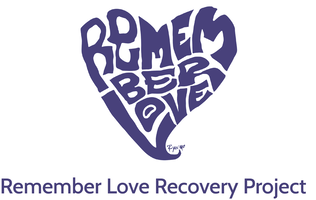
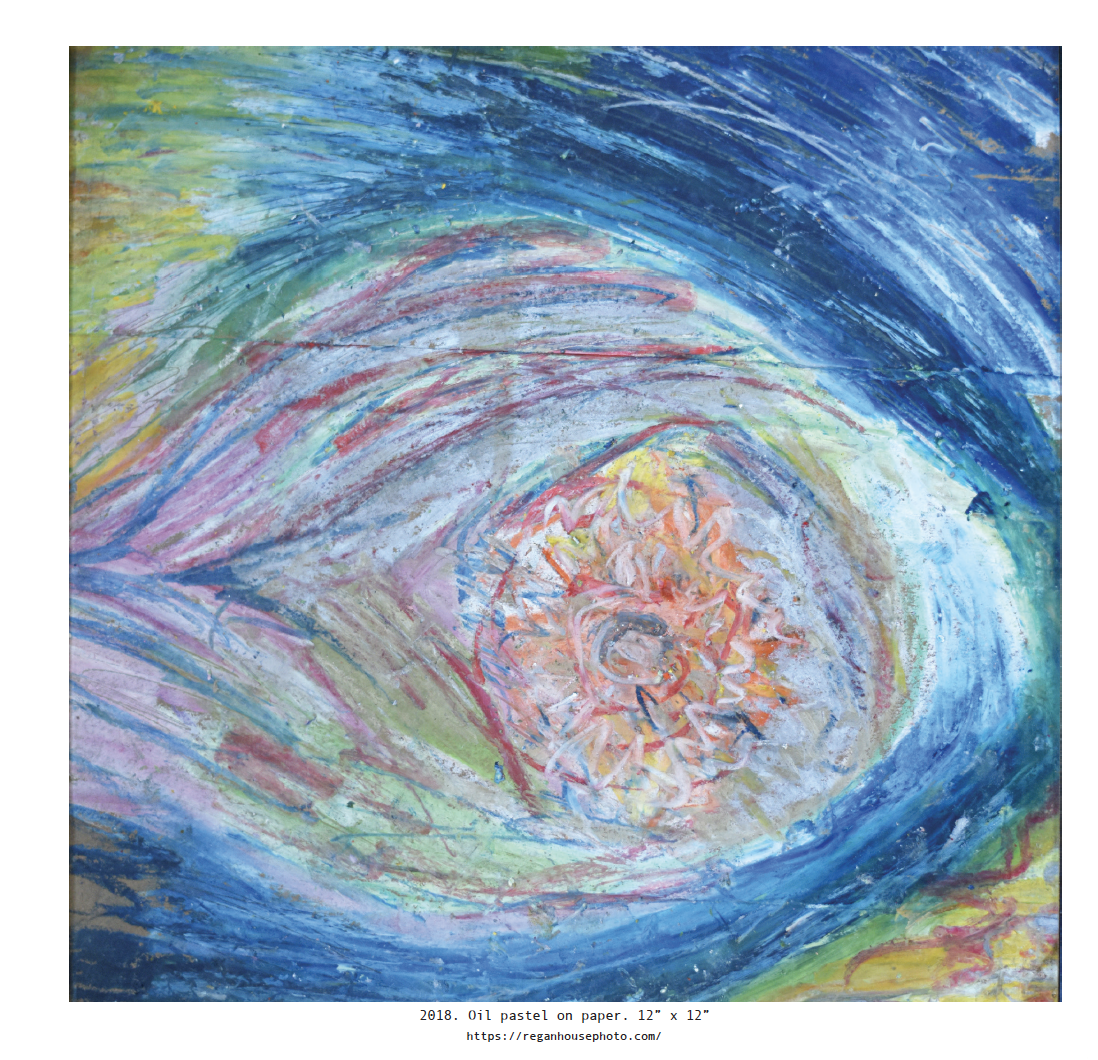

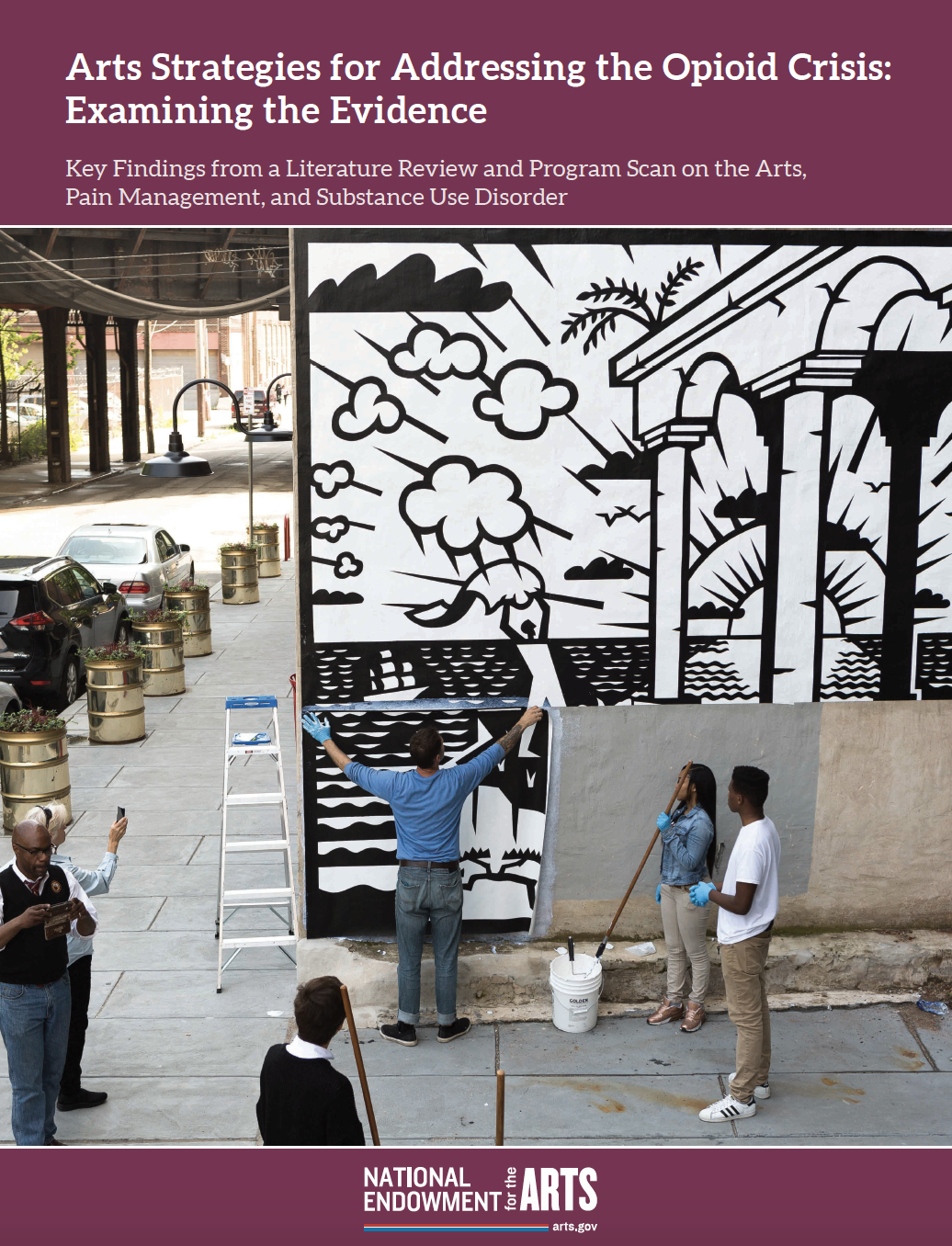
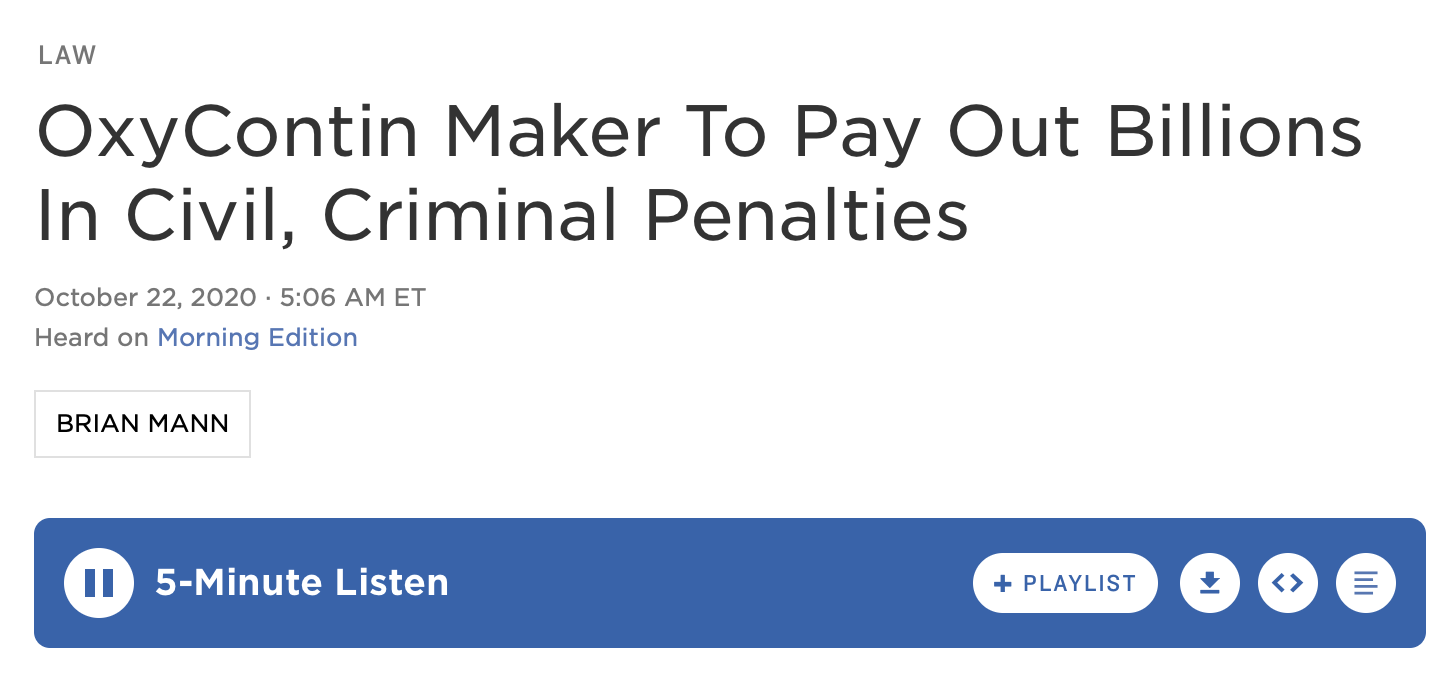
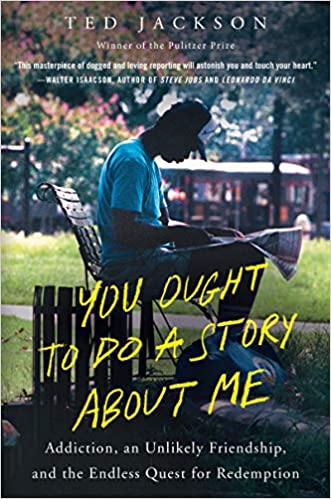
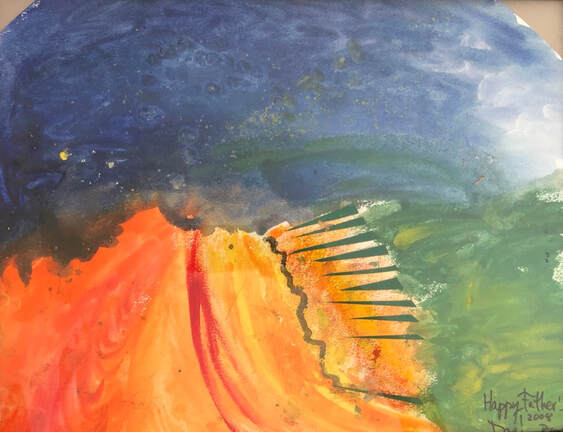
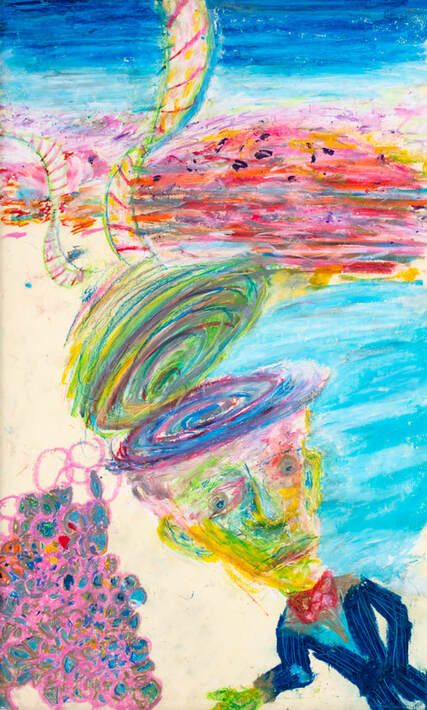
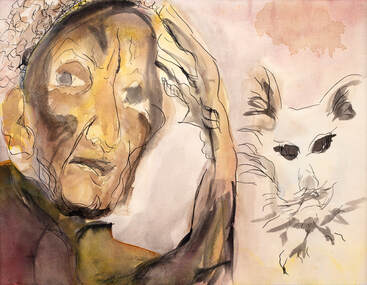
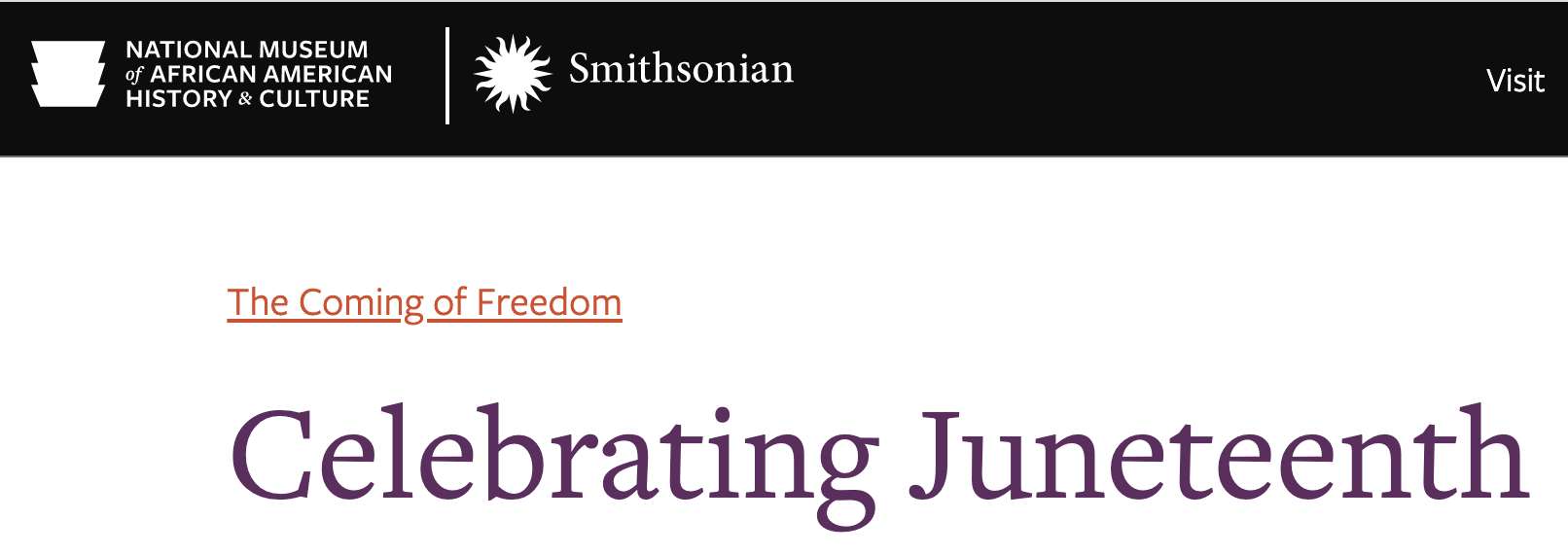
 RSS Feed
RSS Feed